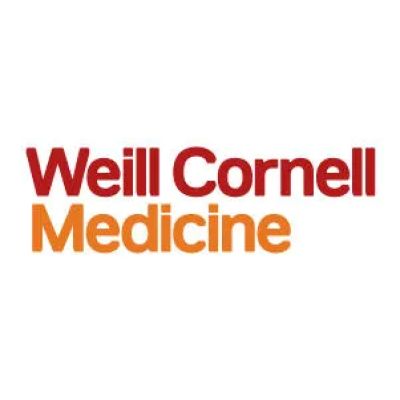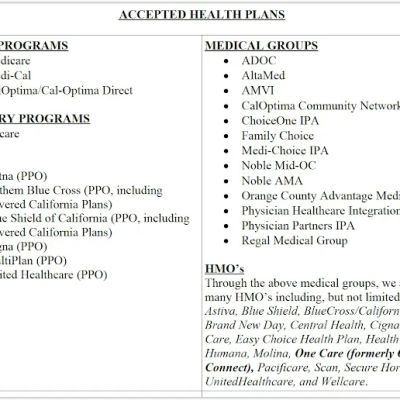The Importance of Fiber for Heart Health
When we think about maintaining a healthy heart, we often focus on exercises like running, cycling, or strength training. However, one of the most crucial aspects of a heart-healthy lifestyle is what we eat, particularly the amount of fiber in our diet. Fiber, often overlooked, is an essential nutrient that plays a significant role in improving cardiovascular health. Whether you are looking to prevent heart disease or manage an existing condition, understanding the role of fiber in a heart-healthy diet can make a profound difference in your overall well-being.

What Is Fiber and How Does It Benefit Heart Health?
Fiber is a type of carbohydrate found in plant-based foods that the body cannot digest. Unlike other carbohydrates that break down into sugar molecules and provide energy, fiber passes through the digestive system largely intact. There are two types of fiber: soluble and insoluble. Both types are important for maintaining heart health, but soluble fiber plays a particularly crucial role in heart disease prevention.
Soluble fiber helps lower blood cholesterol levels by binding to cholesterol particles in the digestive system and removing them from the body. This is particularly beneficial for those with high cholesterol, which is a significant risk factor for heart disease. Additionally, fiber helps maintain healthy blood sugar levels and supports healthy blood pressure, all of which are essential for a healthy heart.
Atlanta Heart Specialists
atlanta heart specialists
4375 Johns Creek Pkwy #350, Suwanee, GA 30024, USA

The Impact of Fiber on Cholesterol and Blood Pressure
High cholesterol is one of the leading contributors to the buildup of plaque in the arteries, which can lead to atherosclerosis, a condition where the blood vessels narrow and restrict blood flow. Soluble fiber, which is found in foods like oats, beans, lentils, and certain fruits, can lower LDL (bad) cholesterol levels in the blood. Studies have shown that increasing fiber intake by just 5 to 10 grams a day can lower LDL cholesterol by as much as 5 percent, reducing the risk of heart disease significantly.
Moreover, fiber has been shown to help regulate blood pressure. High blood pressure, or hypertension, is another major risk factor for cardiovascular diseases. Research indicates that diets rich in fiber can help reduce blood pressure levels. This is likely due to fiber's ability to improve the health of blood vessels, enhance the balance of electrolytes in the body, and improve blood circulation.
Fiber's Role in Weight Management
Maintaining a healthy weight is essential for heart health, as excess weight can strain the heart and increase the risk of heart disease. One of the key benefits of fiber in weight management is its ability to promote feelings of fullness and satiety, which can help prevent overeating. High-fiber foods, such as fruits, vegetables, whole grains, and legumes, are nutrient-dense but low in calories, making them ideal for weight management. They take longer to chew and digest, which helps regulate appetite and prevent spikes in blood sugar levels.
How to Incorporate More Fiber into Your Diet
The American Heart Association recommends aiming for at least 25 to 30 grams of fiber per day from food sources, not supplements. Fortunately, getting enough fiber doesn't have to be complicated. Here are some easy ways to boost your fiber intake:
- Start with breakfast: Include high-fiber options like oatmeal, whole-grain cereals, or a smoothie with fruits like berries, bananas, and spinach.
- Snack on fiber-rich foods: Keep whole fruits, nuts, seeds, and raw vegetables handy for a quick and healthy snack.
- Choose whole grains: Opt for whole grains like quinoa, brown rice, and whole wheat bread instead of refined grains.
- Include legumes: Beans, lentils, and chickpeas are not only high in fiber but also in protein, making them a great addition to salads, soups, and stews.
- Incorporate fiber-rich vegetables: Vegetables like broccoli, carrots, and artichokes are packed with fiber and nutrients that are great for your heart.
Fiber-Rich Foods to Include in Your Heart-Healthy Diet
Here are some examples of fiber-rich foods that are heart-healthy:
- Fruits: Apples, pears, berries, and citrus fruits
- Vegetables: Spinach, kale, broccoli, carrots, and sweet potatoes
- Whole Grains: Oats, quinoa, brown rice, and barley
- Legumes: Lentils, chickpeas, kidney beans, and black beans
- Nuts and Seeds: Almonds, chia seeds, and flaxseeds
Real-Life Impact: A Personal Story
Take the story of Sarah, a woman in her 40s who struggled with high cholesterol and high blood pressure. After consulting her doctor and learning about the importance of fiber in her diet, Sarah decided to make some changes. She replaced her processed snacks with fresh fruits, started having oatmeal for breakfast, and added a serving of beans to her lunch every day. Within three months, Sarah's cholesterol levels dropped by 10%, and her blood pressure improved significantly. She felt more energized, lost weight, and was able to reduce her dependence on medication.
Conclusion: Fiber is Key to a Healthy Heart
Fiber plays an essential role in maintaining heart health by lowering cholesterol, regulating blood pressure, and helping with weight management. By incorporating more fiber-rich foods into your daily diet, you can reduce your risk of heart disease and improve your overall health. Start small by adding one or two fiber-rich foods to your meals, and gradually increase your intake to reach the recommended daily amount.
For more information on heart health and personalized nutrition plans, visit HeartCare Hub for expert advice and resources.





















Deborah Heart and Lung Center
deborah heart and lung center
200 Trenton Rd, Browns Mills, NJ 08015, USA